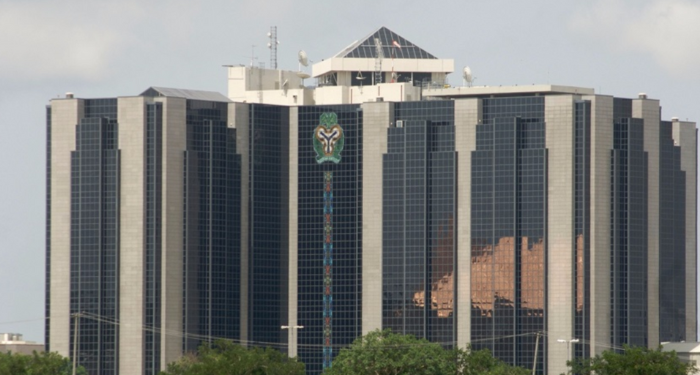Nigeria recorded Foreign Direct Investment (FDI) of $250 million in the first quarter of 2025, down 19% from the previous year.
According to the Central Bank of Nigeria, FDI inflows declined amid global uncertainties, tighter monetary policies, and lower commodity prices.
Oil-related investments contributed the bulk of FDI, while non-oil sectors saw only modest inflows during the period under review.
The CBN report shows other sectors like manufacturing, telecommunications, and agriculture continued to attract interest despite the overall decline.
Geographically, Asia-based investors led inflows, followed by Europe and North America, though all regions reported year-on-year declines.
Factors cited for the drop include higher interest rates abroad, inflation pressures, and cautious investor sentiment toward emerging markets.
ALSO READ
Nigeria’s economic reopening and structural reforms have not been enough to offset macroeconomic headwinds dampening foreign investment appetite.
The FDI outflow includes reinvested earnings and intra-company loans; both components declined, signaling reduced investor confidence and expansion plans.
Despite the dip, the CBN highlights growing greenfield projects and infrastructure investments as potential areas of future FDI growth.
The report recommends improving ease-of-doing-business, enhancing regulatory frameworks, and stabilizing exchange rates to attract more capital inflows.
Nigeria’s position as West Africa’s largest economy gives it potential to rebound but requires strategic policy actions to convert interest into investment.
Government analysts say targeted reforms and active investor engagement are crucial to reverse the FDI drop and meet growth targets.
Falling FDI affects dollars in reserves, job creation, and economic diversification, underlining the importance of restoring inflows soon.
The CBN is expected to present additional measures, including incentives and investment guarantees, in its next economic strategy update.
